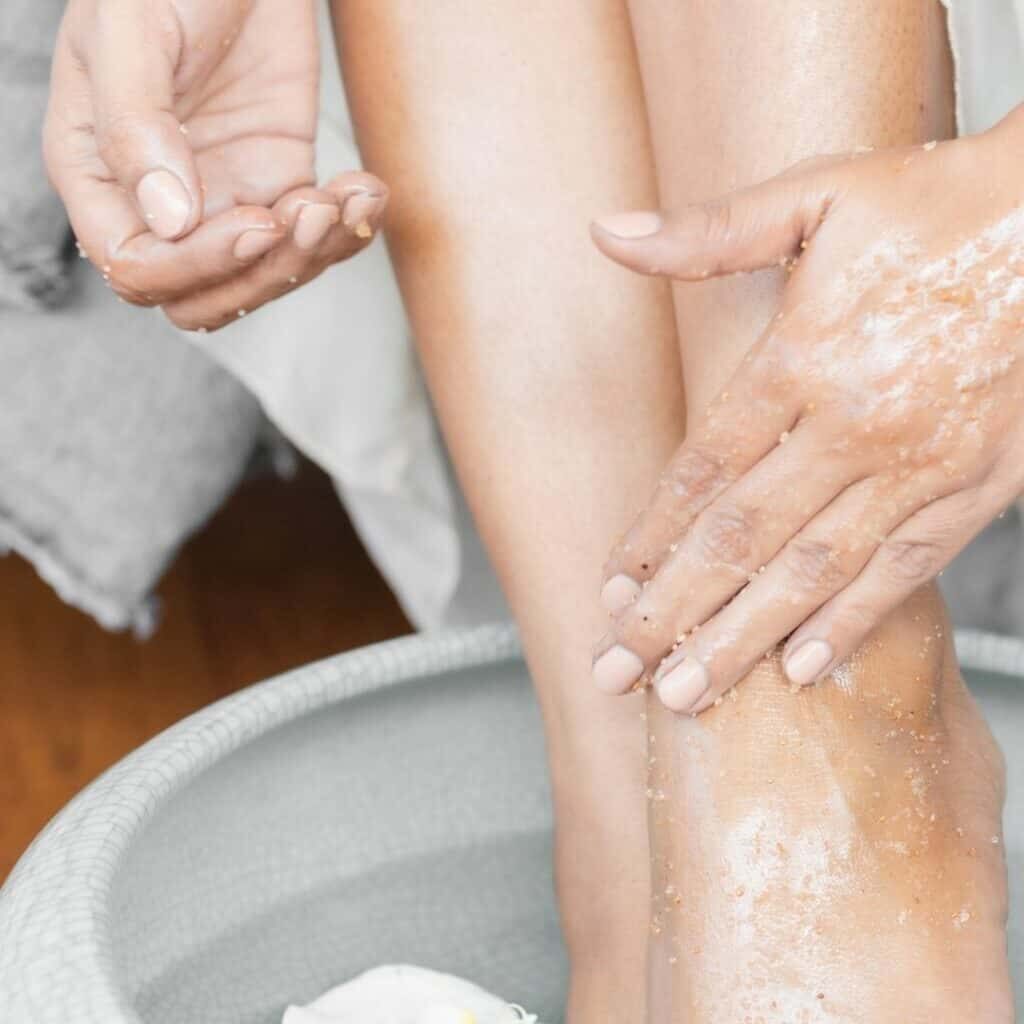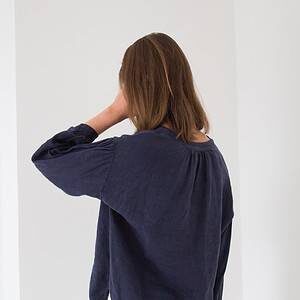
Menopause and Itchy Skin: How to Care for your Skin in Menopause
The menopause transition can bring some noticeable changes to your skin. As hormone levels drop, your skin can become dry, itchy, and thinner. You may also notice more hair on your face and less on your scalp.
With the right care, you can lessen these effects. In this post, we’ll discuss what most dermatologists recommend.
Menopause And Itchy Skin. What Causes It?
Dry, itchy skin is very common during perimenopause and may continue briefly after menopause is reached. This condition is known medically as “pruritus.” Other skin changes may accompany pruritus, including redness, small bumps and rashes.
The estrogen decline and changing ratios of hormones in your body with menopause slow down your body’s oil and collagen production and reduce your body’s ability to retain moisture. These changes cause your skin to be thinner, drier, and itchier.
The skin changes can be frustrating, but, fortunately, there are lots of ways to combat the dryness and itching.
What Are The Treatment Options?
There are many home remedies you can try to alleviate your dry, itchy skin.
Moisturizer
Regular use of a good moisturizer will help hold water in your skin’s outermost layer, which can help alleviate drying and itching. It’s best to apply after a shower when your skin is still slightly damp after towel drying. This helps seal in the moisture,
Oatmeal baths
Adding colloidal oatmeal to a warm bath can help soothe itchy skin. Soak for at least 10 minutes. Avoid using hot water, as that can further dry out your skin. Gently pat your skin dry after your bath and generously apply moisturizer.
Aloe Vera, Calamine Lotion
Aloe vera gel or calamine lotion may be used to treat focal areas of skin itchiness.
Vitamin C
Vitamin C can help in repairing skin damage and may help prevent dry, thin, itchy skin. Vitamin C can be taken as an oral supplement, eaten in foods such as citrus fruits, and/or applied topically with over-the-counter lotions.
If home remedies are not enough to manage your itchy skin, over-the-counter or prescription medications may be helpful.
Hydrocortisone Cream
Over-the-counter hydrocortisone cream. Creams with at least 1 percent hydrocortisone can be found at the drugstore and may help relieve irritated, itchy skin.
Prescription corticosteroid cream. Higher strength prescription corticosteroids may be needed for more inflamed, itchy skin.
Hormone replacement therapy (HRT).
HRT is often prescribed to help with moderate to severe menopause symptoms such as hot flashes and night sweats. It may also help improve itchy skin, however, HRT carries some health risks and side effects and is not indicated as a first line treatment for dry, itchy skin alone.
Menopause and Itchy Skin FAQ
Can Menopause Cause Itching All Over?
Yes. You may first notice dryness around the elbows or feet, but it’s really a whole-body process. Dry skin can appear on your face, back, chest, arms, legs, genitals, and even your hair and nails.
Some women may notice vaginal itching (vulvar pruritus) more often during menopause. This type of itching is related to dryness of the vaginal skin from estrogen decline and can make sex uncomfortable. Fortunately vaginal lubricants and moisturizers can help.
When Should I Be Worried About Itching?
If you experience itching that lasts more than two weeks and doesn’t improve with self-care measures, you should see your doctor or a Dermatologist. Your doctor will want to know how long your skin has been itchy, and which parts of your body are affected. Your doctor may run tests to rule out other serious medical conditions that can cause itching. These tests may include: blood tests, thyroid, liver, and kidney function tests, and chest X-rays.
Are Rashes a Symptom of Menopause?
The lower estrogen levels of menopause can cause your skin to be more sensitive than usual making you more likely to get a rash or breakout in hives when you’re exposed to irritating substances like rough, itchy fabrics, perfumes, and dyes.
Menopause And Itchy Skin: Final Thoughts
Dry, itchy skin is very common during the menopause transition. There are many treatments available to help ease the discomfort including home remedies and prescription treatments. Hormone replacement is not a primary treatment for pruritus, but may help improve skin symptoms in women who are taking it for hot flashes and night sweats. Women considering HRT should consult a doctor to determine whether it is an appropriate treatment for them.
Fortunately, menopause itchy skin symptoms often improve over time and should not usually continue into the years following menopause.

MEET DR. ELLEN
My mission is to bring you the most up-to-date, proven medical information, simplified, so you can make confident, educated decisions about your health.
I'M LOOKING FOR...
grab your 5 day
quick start guide



